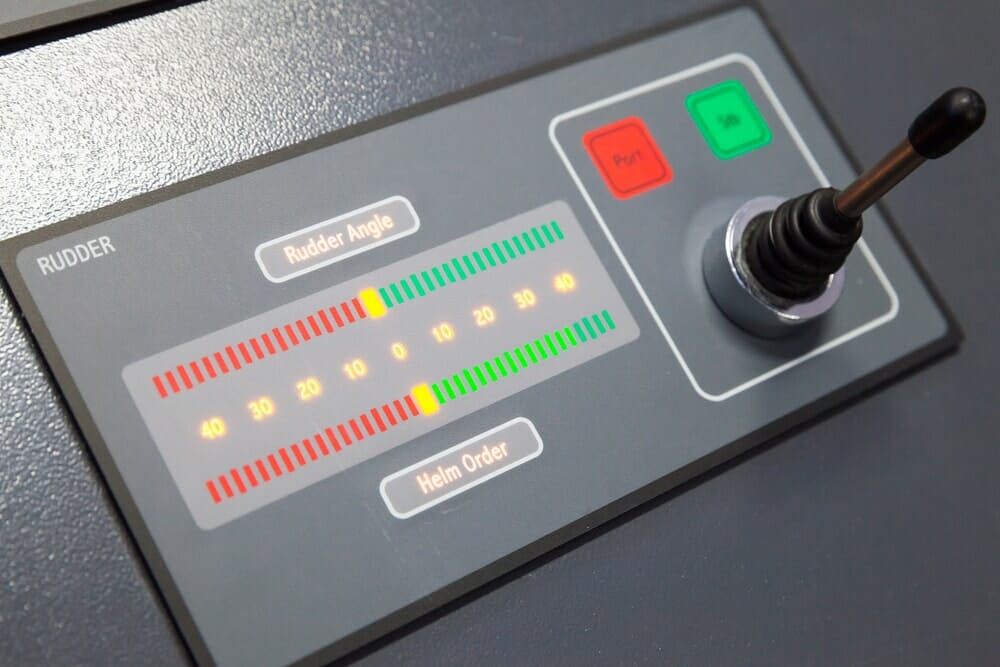The electrical system of your boat is truly its “nervous system”. Modern boats are reliant on electrical systems for powering appliance, navigational equipment, and so much more. Without a properly functioning electrical system, you’re likely to be either beached at the dock – or stranded at sea.
So you need to take the proper steps to get the best from your marine electrical system, and ensure that it remains functional and efficient for years and decades to come. In this article, Fine Line Marine Electric will take a look at a few of our top tips for maintaining and servicing your boat.
- Get Your Electric Systems Serviced Regularly
Marine electrical systems are hardened to resist the damaging effects of the sun, saltwater, and more – but they are still prone to damage if they are not serviced and repaired regularly.
We recommend getting a yearly maintenance check of your electrical systems. A marine electrician can quickly perform basic checks to ensure that your circuits are functioning properly, and at the correct voltage and amperage. Any minor issues can be fixed very quickly.
- Get A Professional Assessment Every 5 Years
Boat systems degrade rapidly, usually because of corrosion. We recommend a comprehensive electrical systems survey by a qualified marine surveyor every 5 years. The survey process is fast and inexpensive, and can easily save you thousands of dollars, and quite a few headaches.
Usually, the assessment will just reveal some minor electrical issues – but you may uncover a serious and dangerous problem, like a short-circuit or a fire hazard on your boat. By ensuring these issues don’t accumulate, you can avoid large and costly repairs.
- Avoid DIY Repairs And Non-Specialized Electricians
Are you a professional marine electrician? No? Then you probably shouldn’t be servicing your own boat. While some smaller craft can be serviced if you have a basic knowledge of marine electronic systems, this is usually a bad idea.
By the same token, it’s also unwise to try to save money by choosing a non-specialized electrician. The guy who rewired your home probably knows a lot about home wiring – but next-to-nothing about boat wiring.
DIY repairs and non-specialized repairs can even cause insurance issues, if a marine surveyor concludes that repairs performed are dangerous or incorrect. Find a qualified marine electrician – and stick with them.
- Always Be On The Lookout For Signs Of Trouble
One good thing about electrical issues is that they are usually pretty obvious. It’s unlikely that your boat will have a major electrical fault that goes unnoticed. Some common signs of trouble include:
- Flickering lights or unreliable power outlets
- Circuit breakers that repeatedly trip during normal boat operation
- Engine failing to start
- Malfunctioning radios, navigational equipment
- Failure to use A/C power when docked
Often, you may also get information about electrical faults on the PLC (Programmable Logic Controller) of your boat. So pay attention to what’s going on – and if you notice one of these issues, be ready to take your boat in for service.
Follow These Tips To Get The Most From Your Marine Electrical System!
If you follow these 4 basic tips, you’ll be able to avoid costly repairs – and dangerous situations, such as having electrical system issues while out at sea. So follow our tips!
And if you need a reliable, professional marine electric company, come to Fine Line Marine Electric today. From serving small fishing vessels to yachts, we’ve done it all – and we’re ready to help you. Contact us now.
